Focus on exercise, eating healthy and getting regular screenings to help lower your risk
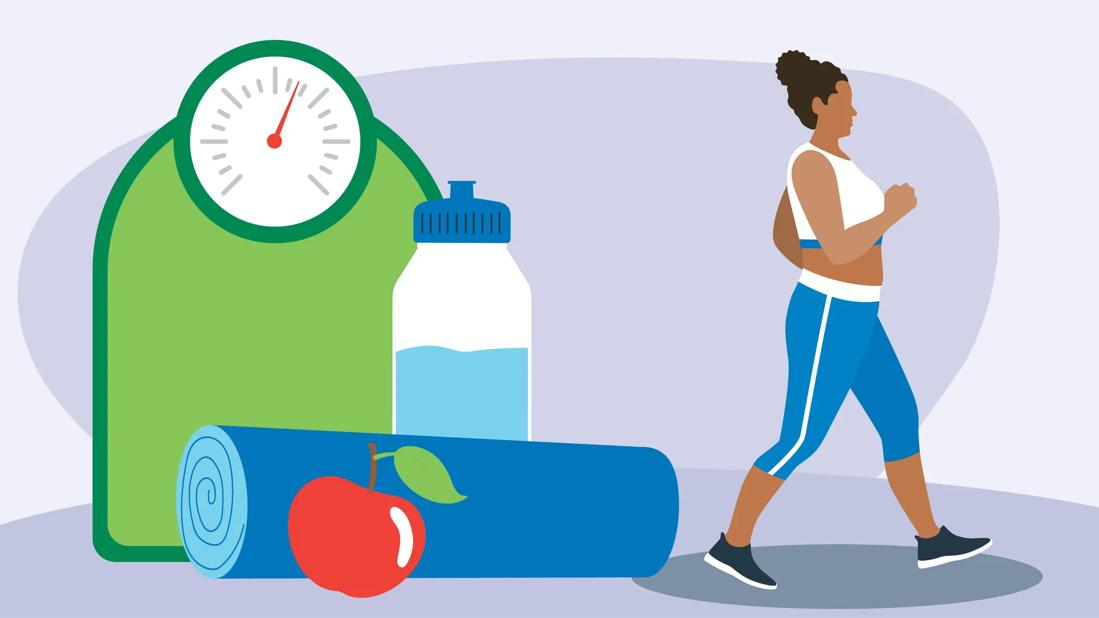
Colorectal cancer is a malignant tumor on the lining of the large intestine. It’s one of the leading causes of cancer-related deaths in the United States.
Advertisement
Cleveland Clinic is a non-profit academic medical center. Advertising on our site helps support our mission. We do not endorse non-Cleveland Clinic products or services. Policy
In fact, more than 140,000 people were diagnosed with colorectal cancer in 2022 — and that’s just in the U.S. That’s a lot of people. And there’s been a steady rise in people under 50 who’ve been diagnosed with colorectal cancer.
But what may surprise you most is that colorectal cancer is actually preventable. It’s also highly treatable and curable when healthcare providers find it early.
“You can’t prevent breast, lung or brain cancer in the same way,” says colorectal surgeon David Liska, MD. “You can’t take precancerous polyps off any of those organs like you can with the large intestine.”
And the good news is there’s more to colorectal cancer prevention than the dreaded pre-colonoscopy bowel prep.
Dr. Liska shares how to prevent colon cancer with tips and advice that should keep your colon and rectum working just as they should.
You can take steps to reduce your risk of colorectal cancer. Here are some common ways.
Aim for a diet full of fruits, vegetables, whole grains, nuts and beans. They’re linked to a lower risk of some cancers and can help you have healthy bowel function.
Additionally, you should limit red meat and high-fat or processed meats, which can increase your colon cancer risk. Ultra-processed foods can also increase your risk of colorectal cancer.
Advertisement
“In addition to lowering the risk of colorectal cancer, a high-fiber diet offers numerous health benefits. Fiber promotes faster transit through the digestive tract, reducing exposure to potentially harmful byproducts,” explains Dr. Liska. “It also helps lower cholesterol levels and, by preventing constipation, can reduce the risk of hemorrhoids — which, quite literally, can be a pain in the butt.”
The goal is at least 30 minutes of moderate-intensity exercise five days a week.
This can help you maintain a healthy weight and stay stress-free, which can decrease cancer risk. Examples of moderate-intensity exercise for a healthy adult include a brisk walk, gardening or doubles tennis.
“There is growing evidence that a sedentary lifestyle contributes to an increased risk of colorectal cancer, potentially through effects on bowel motility, inflammation and metabolic health,” says Dr. Liska. “Engaging in regular physical activity has been associated with improved digestion and can play a role in reducing cancer risk and supporting overall health.”
By focusing on eating better and exercising, you’ll be able to maintain a healthy weight, which is vital for preventing colorectal cancer.
Dr. Liska says you can check your body mass index (BMI) regularly. Your risk of colon cancer increases if you have a BMI greater than 25 (have overweight) or a BMI greater than 30 (have obesity). However, BMI is only a rough estimate that doesn’t account for muscle mass, fat distribution or individual body composition — so, it should be interpreted in context.
“Excess body fat may contribute to chronic inflammation, insulin resistance and hormonal imbalances — all of which can play a role in cancer development,” says Dr. Liska. “Notably, the rise in early-onset colorectal cancer has paralleled the growing obesity epidemic, suggesting a potential link that warrants serious attention.”
Keep an eye on your alcohol consumption, which is a general cancer risk factor. When you consume alcohol, your body breaks it down into acetaldehyde, a chemical known to damage your DNA. Cancerous tumors can grow from that damaged DNA.
So, how much can you drink? While it’s best not to drink, the recommended limits are one drink per day for women and two drinks per day for men, although more recent evidence suggests that even a small amount of regular alcohol consumption can be harmful.
On top of many other health risks, smoking increases your risk of colon cancer, so take steps to quit right away.
“Smoking is one of the most consistently linked risk factors for colorectal and other cancers. Of all the lifestyle factors contributing to cancer, smoking stands out as likely having the most direct impact,” emphasizes Dr. Liska. “While smoking is undoubtedly one of the hardest habits to break, it may also be the most impactful step in not only reducing your cancer risk, but also in helping to improve outcomes once diagnosed with colorectal cancer.”
Advertisement
While about 5% of colorectal cancers are inherited, if a biological family member has colorectal cancer, your risk increases.
If colorectal cancer or advanced precancerous polyps run in your family (this includes your biological parents, siblings or children), talk to a healthcare provider about starting screenings earlier than what’s generally recommended.
Colonoscopy math works like this: Take the age of the youngest affected relative when they were diagnosed with advanced precancerous polyps or cancer. Subtract 10 years from that age. That’s when you should start having colonoscopies and continue them every five years.
So, if your parent had advanced precancerous polyps at 50, you would begin colonoscopies at age 40.
Ask your healthcare provider when you should have a colon cancer screening. For example, if you have inflammatory bowel disease (IBD) or a strong family history, your healthcare provider may recommend you start screening earlier than age 45.
Starting at age 45, everyone should get regular screenings with either a colonoscopy or one of the other recommended screening tests. That’s when colorectal cancer risk starts increasing.
Regular colonoscopies prevent the majority of colorectal cancers. And, in fact, the rate of colorectal cancer diagnosed in patients over the age of 50 is decreasing in this country. It’s encouraging to share that 65% of adults aged 50 to 75 are up to date on their screenings. This decrease is largely due to screening and prevention by polypectomy.
Advertisement
“Colonoscopies save lives,” reinforces Dr. Liska.
On the flip side, research shows that nearly all unscreened people know they should get a colonoscopy but still don’t.
Taking steps to reduce your colorectal cancer risk is important. Work on following a healthy diet, increasing your physical activity and staying on top of your screenings.
“Every case of colon and rectal cancer arises from a precancerous polyp or other precancerous lesion, and it takes seven to 10 years on average for a benign polyp to become cancerous,” explains Dr. Liska. “A colonoscopy allows doctors to find and remove colon polyps before they’re a problem.”
Dr. Liska stresses that almost every patient who walks into his office with colorectal cancer had a polyp that could have been removed.
“They missed the boat for some reason or another,” he continues. “They were too scared, their family doctor didn’t recommend it, their insurance company wouldn’t pay for it or they had a colonoscopy, and their doctor didn’t see the polyp.”
Advertisement

Sign up for our Health Essentials emails for expert guidance on nutrition, fitness, sleep, skin care and more.
Learn more about our editorial process.
Advertisement
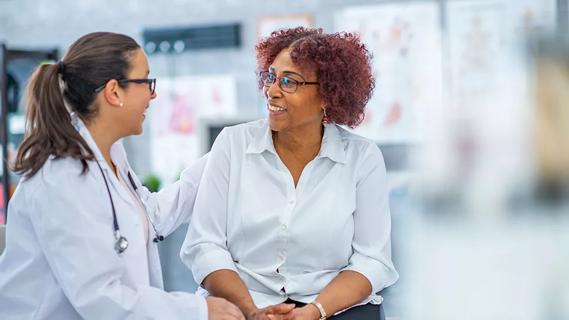
Chronic inflammation from flare-ups can damage the lining of your intestinal wall, making your colon more vulnerable to cancer
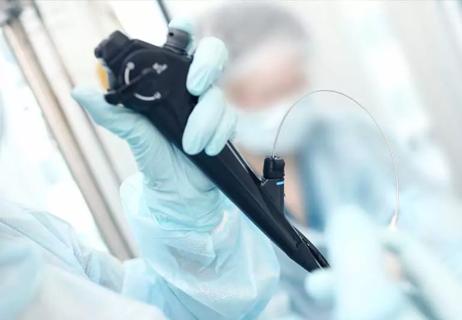
Colonoscopies and sigmoidoscopies are types of endoscopies, procedures that look at the health of your large intestine
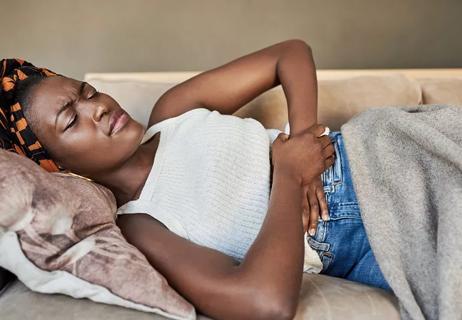
A steady increase in cases in those younger than 50 started decades ago
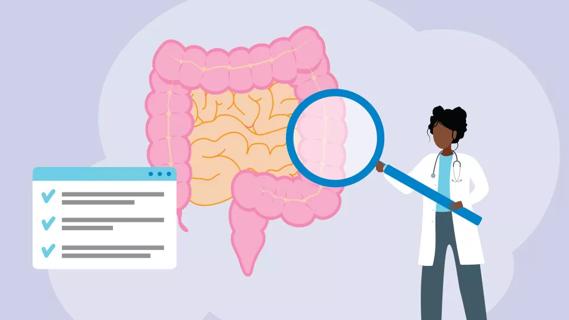
If you’re at average risk, it’s recommended that you get your first colonoscopy at age 45
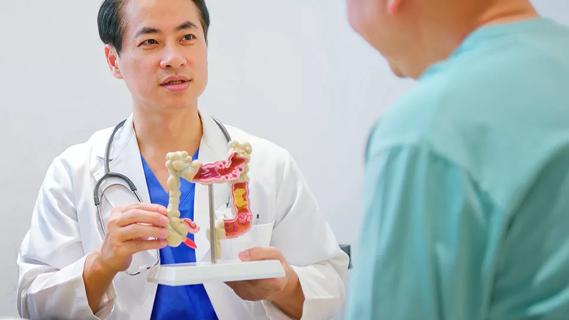
It’s a slow-moving process that offers an opportunity for early detection and treatment
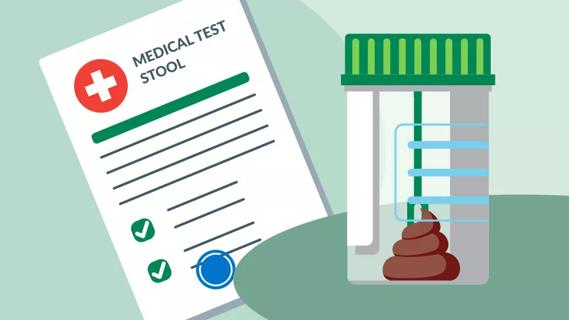
At-home screening options can be good detection tools, but a colonoscopy remains the gold standard

Knowing your family history and getting a genetic test can help detect colorectal cancer earlier
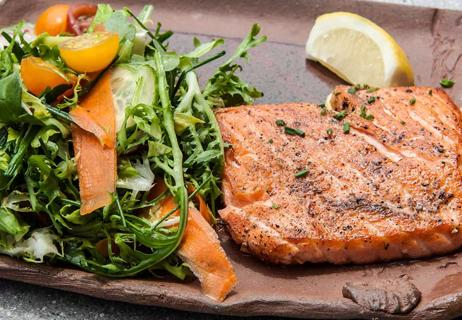
Get lots of fiber, cut back on red meat and limit your alcohol intake

Even small moments of time outdoors can help reduce stress, boost mood and restore a sense of calm

A correct prescription helps your eyes see clearly — but as natural changes occur, you may need stronger or different eyeglasses

Both are medical emergencies, but they are very distinct events with different causes